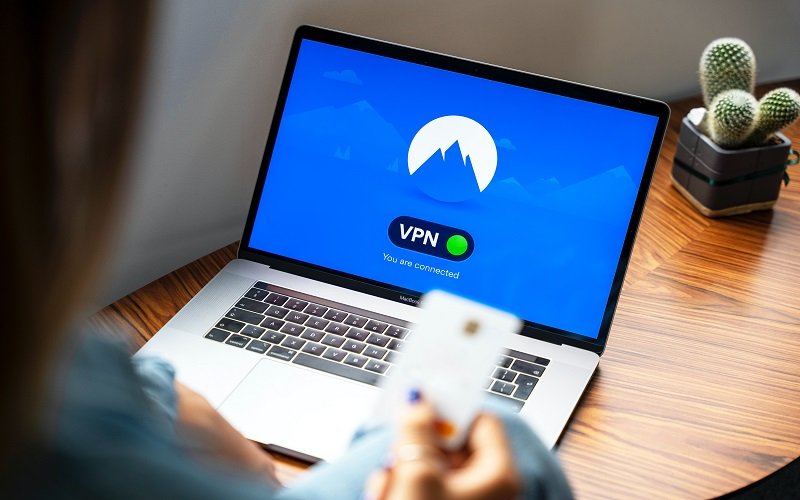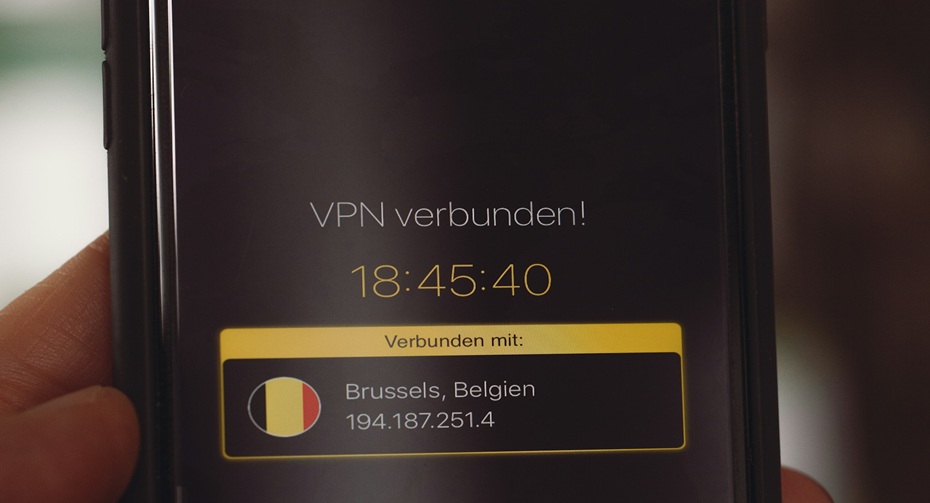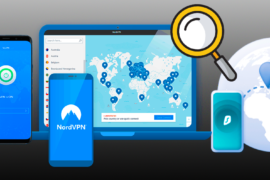Have you ever wondered how VPNs work? Virtual Private Networks aren’t exactly new, but with the recent surge in remote work, their popularity has exploded. In this post, we’ll take a look at the underlying technology that makes VPNs possible.
Understanding VPNs
VPN technology uses a combination of encryption and tunnelling to protect your data as it travels over the internet. As you connect to a VPN, your traffic is first encrypted by the VPN server. This makes it impossible for anyone who intercepts your data to read it. Once your data is encrypted, it is then sent through a “tunnel” to the VPN server. This tunnel protects your data from being seen by anyone who is not on the VPN.

What is VPN Encryption?
To put it simply, encryption is the process of transforming readable data into an unreadable form. This ensures that only authorised parties can access the information. In most cases, as you connect to a VPN, your traffic is encrypted with a 256-bit AES key before it even leaves your device. Doing so makes it impossible for anyone to read or intercept your data as it travels through the internet.
Why is VPN Encryption Important?
VPN encryption is important because it keeps you safe from a variety of threats. For starters, it prevents your ISP from snooping on your activities or selling your data to advertisers. It also protects you from hackers who could intercept your traffic and steal your personal information. And last but not least, it stops government agencies from tracking your online activity.
The Benefits Of VPNs
Some benefits of using a VPN download include:
1. Enhances Security
VPNs are designed to enhance security. By encrypting all data that passes through the VPN tunnel, businesses can protect their confidential information from being stolen by cybercriminals. Additionally, a VPN can help businesses comply with data privacy laws, such as the General Data Protection Regulation (GDPR).

2. Boosts Productivity
Another benefit of a VPN is that it can boost productivity. Employees who work remotely can connect to the company intranet through the Chrome VPN extension and have access to all the same resources they would if they were in the office. This includes files, shared drives, printers, and applications.
3. Reduces Costs
In addition to enhancing security and boosting productivity, a free UK VPN or proxy from first-tier countries can also help businesses save money. That’s because a VPN can be used to securely connect remote offices to each other without the need for costly bits of software or connection lines. A VPN can also be used to reduce long-distance calling costs by routing calls through VoIP servers.
4. Increases flexibility
Another benefit is that it increases flexibility. That’s because businesses that use a VPN can connect to their employees in any location, as long as they have an internet connection. This allows businesses to easily scale their workforce up or down as needed without incurring any additional costs.
5. Provides peace of mind
Using a good VPN service also provides peace of mind. By ensuring that all data passing through the corporate network is encrypted and secure, businesses can be happy knowing that their confidential information is safe from prying eyes. Additionally, by using a reputable VPN provider with robust security protocols in place, businesses don’t have to worry about hackers.
Final Notes
VPNs are perfect for improving your privacy and security online. They are also effective tools for bypassing internet censorship.



